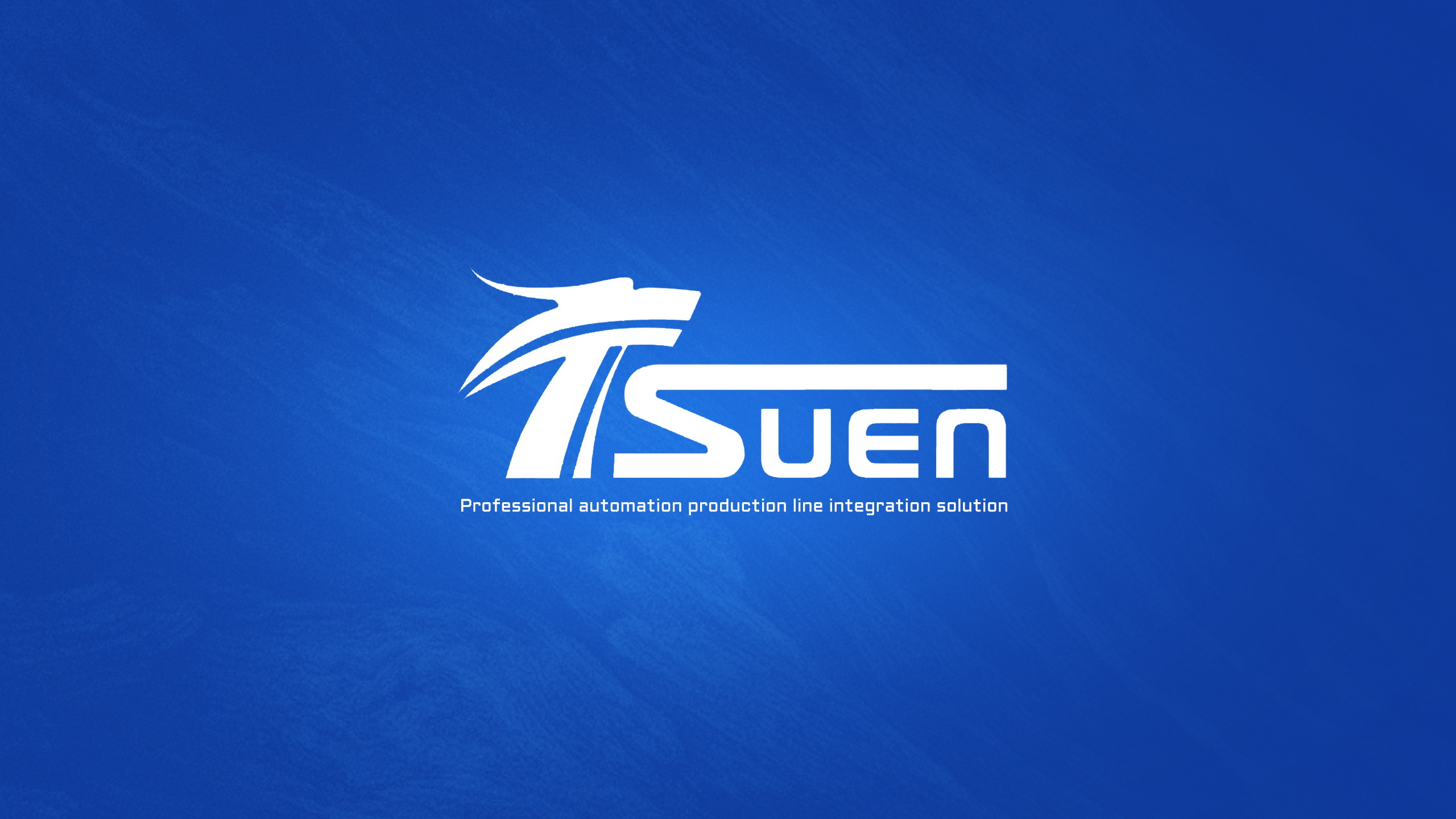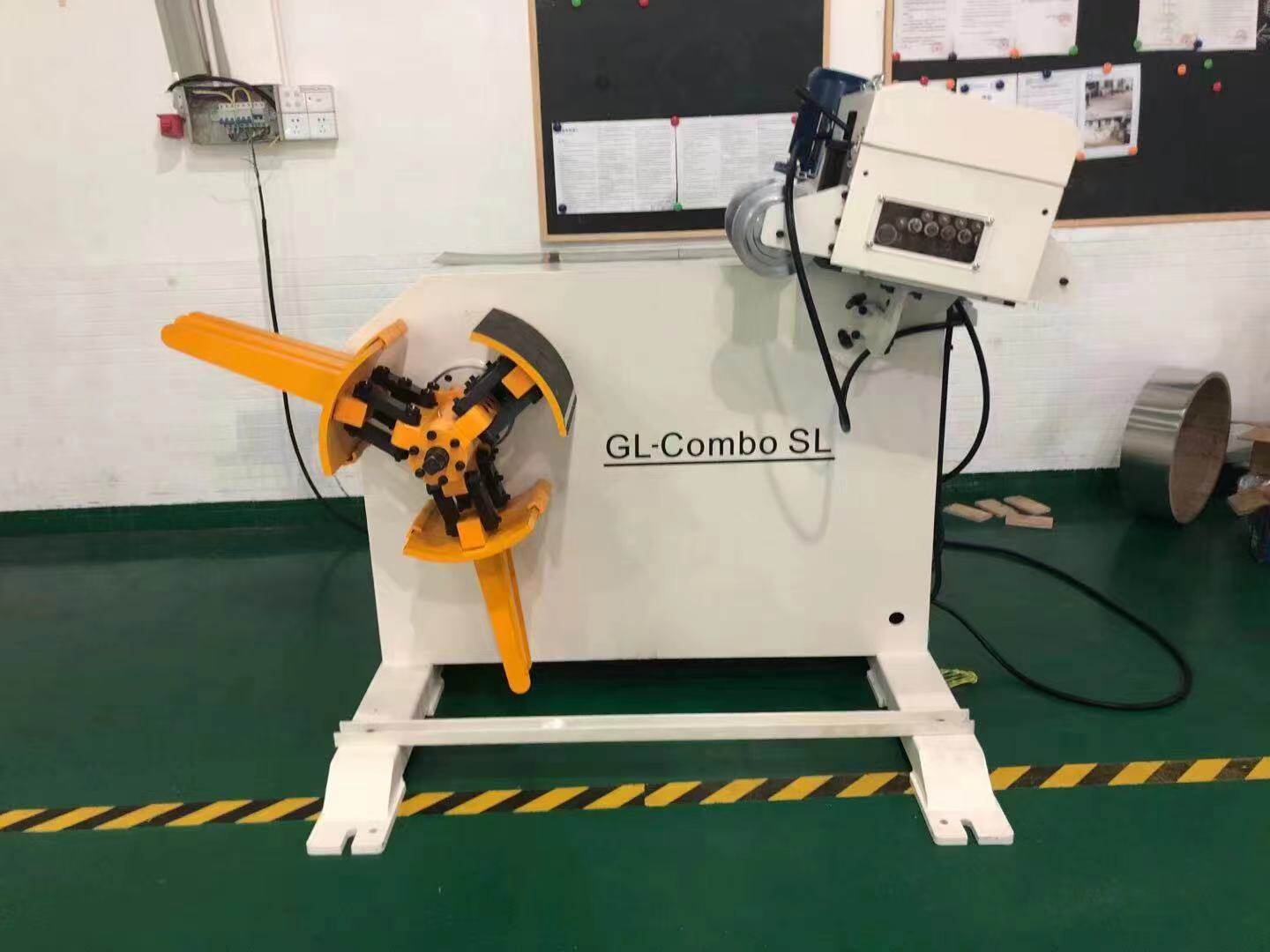Email format error
Email cannot be empty
Email already exists
6-20 characters(letters plus numbers only)
The password is inconsistent
Email format error
Email cannot be empty
Email does not exist
6-20 characters(letters plus numbers only)
The password is inconsistent


Metal Machinery and Foundry Processes: Driving Innovation and Sustainability in Industrial Operations
Introduction
In the dynamic landscape of modern industry, the utilization of metal machinery and advanced foundry processes stands as a cornerstone for innovation, efficiency, and progress. From the bustling floors of manufacturing plants to the intricate construction sites and the bustling automotive workshops, metal machinery plays a pivotal role in shaping our everyday lives. Simultaneously, foundries, with their intricate processes and metallurgical expertise, ensure the supply of high-quality metal components vital for various applications. This article delves into the multifaceted realm of metal machinery and foundry processes, exploring their types, functions, technological advancements, environmental impacts, and the drive towards sustainability.
Types and Functions of Metal Machinery
Metal machinery encompasses a diverse array of equipment and tools designed to perform specific tasks within various industries. In the manufacturing sector, precision CNC (computer numerical control) machines dominate the production lines, crafting intricate components with unmatched accuracy and repeatability. Concurrently, heavy-duty metal presses and stamping machines shape raw materials into desired forms, facilitating mass production on a grand scale.
In the construction industry, metal machinery takes on a different guise, with towering cranes and robust excavators dominating construction sites. These machines handle heavy loads, excavate terrain, and erect towering structures with ease, showcasing the sheer power and versatility of metal machinery in the realm of construction.
Meanwhile, in the automotive sector, metal machinery reigns supreme, with advanced robotics and automated assembly lines transforming raw materials into sleek automobiles. These machines streamline production processes, enhance precision, and ensure the consistent quality of vehicles rolling off the assembly lines.
The significance of metal machinery in industrial operations cannot be overstated. Beyond enhancing efficiency and productivity, these machines play a crucial role in maintaining safety standards, reducing labor-intensive tasks, and driving technological advancements across diverse sectors.
Technological Advancements in Metal Machinery
The relentless march of technological progress has ushered in a new era of innovation in metal machinery. Automation solutions have revolutionized industrial processes, with robotic arms seamlessly performing intricate tasks with unmatched precision. From welding and painting to assembly and inspection, robots have become indispensable assets in modern manufacturing facilities, augmenting human labor and enhancing overall efficiency.
Moreover, advancements in robotics have paved the way for collaborative robots, or cobots, which work alongside human operators, enhancing productivity while ensuring worker safety. These cobots are equipped with advanced sensors and artificial intelligence algorithms, enabling them to adapt to dynamic environments and perform tasks with unparalleled dexterity.
In tandem with robotics, artificial intelligence (AI) has emerged as a game-changer in the realm of metal machinery. AI-powered predictive maintenance systems analyze vast troves of data to anticipate machinery failures before they occur, minimizing downtime and optimizing operational efficiency. Similarly, machine learning algorithms optimize production processes by identifying patterns and optimizing parameters in real-time, ensuring optimal performance across the production line.
Furthermore, the integration of digital twin technology allows manufacturers to create virtual replicas of physical machinery, enabling predictive simulations and real-time monitoring of equipment performance. This holistic approach to machine management enhances decision-making, mitigates risks, and fosters continuous improvement in industrial operations.
Environmental Impact of Metal Machinery
While metal machinery has propelled industrial progress to new heights, its widespread adoption has also raised concerns about its environmental impact. The energy-intensive nature of metal machining processes, coupled with their reliance on fossil fuels, contributes to greenhouse gas emissions and exacerbates climate change. Additionally, the disposal of industrial waste and by-products poses significant challenges, as landfills overflow with discarded materials, polluting soil and water sources.
In response to these environmental challenges, the metal machinery industry is undergoing a paradigm shift towards sustainability and eco-friendliness. Manufacturers are investing in energy-efficient machinery designs, incorporating renewable energy sources such as solar and wind power into their operations, and implementing closed-loop systems to minimize waste generation.
Moreover, the adoption of circular economy principles has gained traction within the metal machinery sector, with companies focusing on product lifecycle management, recycling, and reuse of materials. By repurposing scrap metal and reclaiming valuable resources from discarded equipment, manufacturers can reduce their environmental footprint and contribute to a more sustainable future.
Process Overview and Techniques in Metal Foundries
In the realm of metal foundries, intricate processes and techniques are employed to transform raw materials into precision-crafted components. The casting process, a cornerstone of foundry operations, involves pouring molten metal into molds, where it solidifies into the desired shape. Various casting techniques, including sand casting, investment casting, and die casting, offer unique advantages and cater to diverse applications.
Sand casting, the most widely used casting method, utilizes expendable sand molds to create intricate metal shapes with excellent dimensional accuracy. Investment casting, on the other hand, employs wax patterns to create intricate parts with complex geometries, making it ideal for aerospace and automotive applications. Die casting, characterized by the high-pressure injection of molten metal into reusable steel molds, ensures rapid production of uniform components with minimal post-processing requirements.
In addition to casting techniques, foundries employ advanced molding methods and metallurgical considerations to enhance the quality and integrity of cast metal products. From optimizing mold designs to controlling cooling rates and alloy compositions, foundry operators meticulously orchestrate each step of the casting process to achieve the desired results.
Materials Used in Metal Foundries
Central to the success of metal foundries are the materials used in the casting process, including a wide range of metals and alloys tailored to specific applications. Steel, renowned for its strength, durability, and versatility, serves as the backbone of many industrial components, from structural beams to automotive parts. Aluminum alloys, prized for their lightweight properties and corrosion resistance, find widespread use in the aerospace, automotive, and consumer electronics industries.
Iron and copper, with their unique properties and applications, also play pivotal roles in foundry operations. Ductile iron, characterized by its high tensile strength and shock resistance, is favored for applications requiring robustness and durability, such as automotive engine blocks and gears. Copper alloys, renowned for their electrical conductivity and thermal stability, find applications in electrical wiring, plumbing fixtures, and heat exchangers.
The selection of materials in metal foundries is guided by considerations such as mechanical properties, casting characteristics, and end-use requirements. By choosing the right materials and alloys for specific applications, foundries can ensure the optimal performance and longevity of cast metal products.
Conclusion
In conclusion, the realms of metal machinery and foundry processes represent the pinnacle of industrial ingenuity and technological innovation. From the bustling floors of manufacturing plants to the intricate foundry workshops, these sectors drive progress, shape economies, and propel societies forward. However, with great power comes great responsibility, and the environmental impacts of industrial operations cannot be ignored.
As we venture into an era defined by sustainability and eco-consciousness, it is imperative that the metal machinery and foundry industries embrace green practices, minimize waste, and reduce their carbon footprint. By harnessing the power of technological innovation, adopting circular economy principles, and prioritizing environmental stewardship, these industries can pave the way for a more sustainable future where progress coexists harmoniously with the planet.
In essence, metal machinery and foundry processes represent not just the tools of industry but the catalysts for change, driving us towards a brighter, greener tomorrow.

